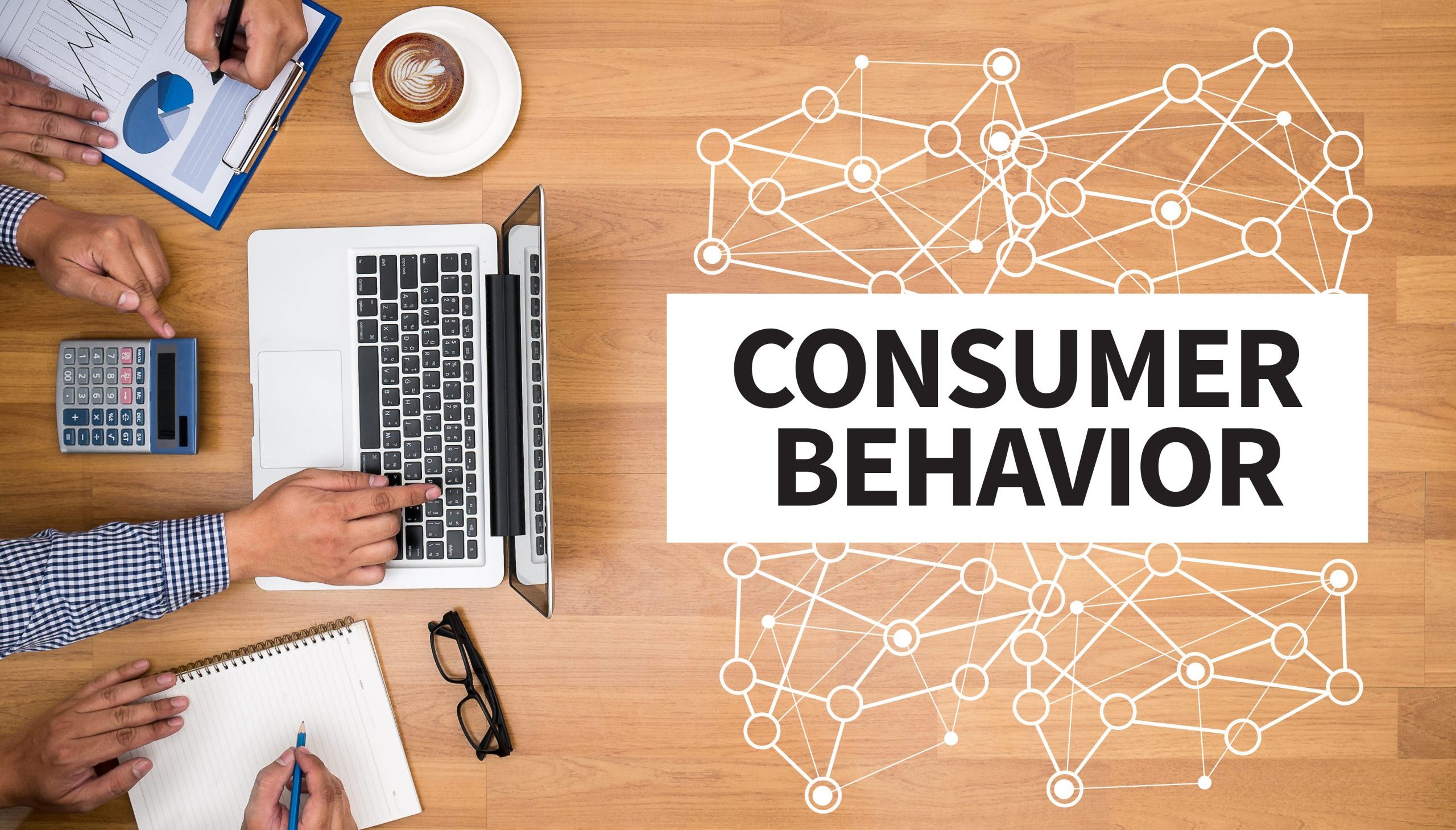The Influence of Social Media Marketing on Consumer Behavior
Social media has significantly changed how businesses connect with their audiences. Platforms like Facebook (Meta), Instagram, Twitter (X) , and LinkedIn provide businesses with tools to engage users directly, making social media marketing essential for any successful strategy. This discussion explores how social media marketing impacts consumer behavior and guides purchasing choices.
The Role of Social Media in Consumer Choices
Expanding Brand Recognition
Social media marketing increases visibility for businesses. Companies use platforms to present their brand to diverse audiences, creating recognition through consistent messaging, engaging visuals, and thoughtful content. A strong presence ensures your brand stays memorable for potential customers.
Building Consumer Trust
Through active engagement, businesses can establish credibility. Responding to questions, offering valuable insights, and showcasing positive interactions help brands appear authentic. Testimonials and reviews shared on social media strengthen consumer confidence, often leading to higher purchase intent.
Encouraging User-Generated Content
User-generated content benefits businesses by providing organic promotion. Brands inspire customers to share experiences, reviews, or testimonials, creating authentic endorsements. Such content serves as social proof, showcasing real-life benefits and influencing others to consider products or services.
Using Social Media Advertising Effectively
Precision in Targeting
Social media platforms gather extensive data on user behavior, interests, and demographics. This information allows businesses to create highly targeted campaigns, delivering relevant content to the right audience. Precision targeting boosts engagement and increases the likelihood of conversions.
Leveraging Social Proof
Consumers often rely on peers for product recommendations. Highlighting reviews, endorsements, or influencer collaborations amplifies trust in your brand. Positive experiences shared on social platforms encourage others to explore your offerings.
Crafting Interactive Content
Social media enables brands to create engaging experiences through videos, live streams, polls, and contests. Interactive content draws attention and creates memorable interactions, encouraging users to remain connected with your brand.
Strengthening Relationships Through Online Communities
Listening to Consumers
Monitoring conversations on social platforms provides valuable insights into customer preferences and challenges. Businesses can adjust strategies based on real-time feedback, ensuring they meet audience expectations effectively.
Addressing Feedback Publicly
Social media facilitates direct communication with customers. Quick responses to comments or concerns show attentiveness and care. Resolving issues transparently enhances your brand’s image and encourages long-term loyalty.
Fostering Brand Loyalty
Regularly engaging your audience with meaningful content and exclusive offers builds loyalty. A strong community of followers often translates into repeat business and enthusiastic word-of-mouth recommendations.
Influencers and Consumer Behavior
Establishing Authentic Connections
Influencers hold significant sway over their followers. Partnering with those who align with your brand introduces your offerings to receptive audiences. These collaborations foster trust, often resulting in increased interest and sales.
Recommendations That Resonate
When influencers share positive experiences, their followers take notice. Product demonstrations, reviews, and endorsements encourage consumers to consider your brand. These strategies can effectively expand reach and drive conversions.
The Value of Micro-Influencers
Micro-influencers connect deeply with niche audiences. Collaborating with them allows businesses to tap into targeted markets. Their influence often leads to higher engagement rates compared to broader campaigns.
Social Media’s Role in the Buyer’s Journey
Creating Awareness
Compelling social media content introduces your brand to potential customers. Posts that educate or entertain capture attention, encouraging users to learn more about your offerings.
Supporting Consideration
Consumers researching options often turn to social platforms for information. Detailed posts, testimonials, and interactive content help showcase the value of your products or services, assisting users in their decision-making process.
Driving Decisions
Social media simplifies purchasing by offering seamless options like direct shopping links or limited-time offers. These features reduce friction and motivate consumers to complete transactions.
Using Analytics for Smarter Marketing
Measuring Performance
Social media platforms provide tools to track metrics such as engagement, reach, and conversions. These insights help businesses understand what resonates with audiences and adjust strategies accordingly.
Refining Campaigns
Data from past campaigns informs future efforts. Testing different formats, messages, and timing enables businesses to optimize their approach for better results.
Personalized Content Delivery
Tailoring content to individual preferences enhances the user experience. By analyzing behaviors and interests, businesses can create highly relevant posts, improving engagement and driving desired actions.
Driving Success Through Social Media
Social media marketing directly influences how consumers perceive and interact with brands. It enhances visibility, fosters trust, and encourages meaningful engagement. Businesses can shape purchasing decisions and achieve sustainable growth by leveraging targeted advertising, user-driven content, influencer partnerships, and data insights.




